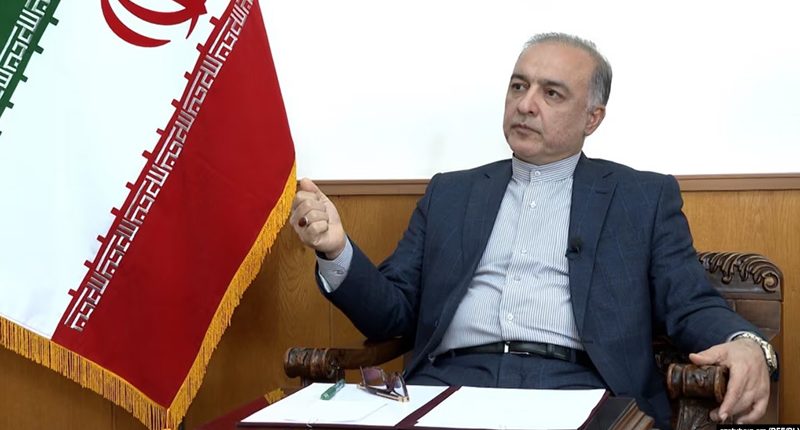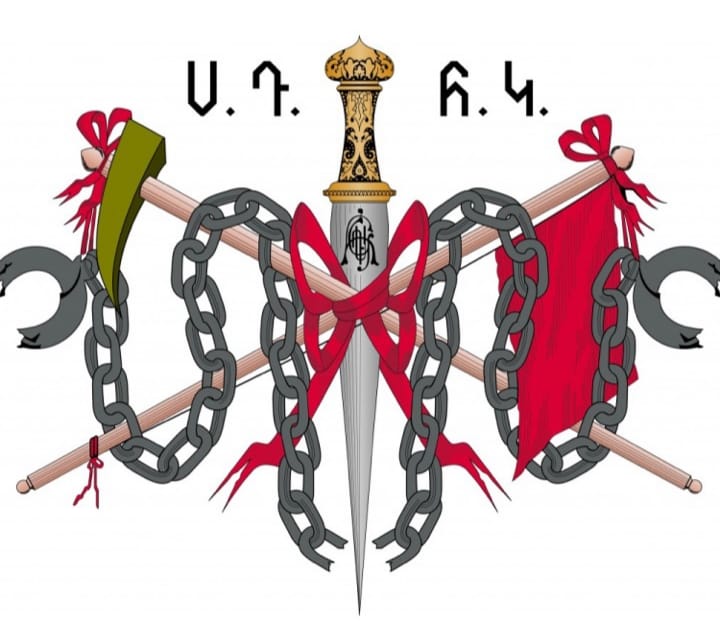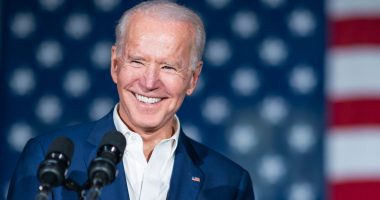YEREVAN – Iran and Russia have different interests in the South Caucasus, stated Iran’s ambassador to Armenia, Mehdi Sobhani. “We are not allies,” The New York Times quoted Sobhani in an article published late on Tuesday. “We have some differences, and we have some mutual interests. It doesn’t mean that we are allied.”
Despite their increasing military cooperation and standoffs with the West, Moscow and Tehran appear to disagree on Azerbaijan’s demands for a transport corridor to its Nakhichevan exclave via Syunik, the only Armenian region bordering Iran. The Islamic Republic fears that this extraterritorial corridor would cut off its shared border with Armenia.
Russia’s Foreign Minister Sergei Lavrov incited a sharp response from Iran with his August 19 statement accusing Armenia of “sabotaging” a Russian-brokered agreement to build a highway and railway linking Nakhichevan to the rest of Azerbaijan through Syunik. The Iranian Foreign Ministry summoned Russia’s ambassador in Tehran to caution Moscow against supporting any “geopolitical changes” in the region.
In September, the Russian Foreign Ministry sought to ease the tensions, clarifying to Iran that its calls for the corridor, also supported by Turkey, would not alter “existing geopolitical borders” or compromise Armenia’s territorial integrity.
“We cannot accept the change of the international border,” Sobhani told The New York Times.
Asked how Iran would respond if Azerbaijan attempted to forcibly open the corridor by invading Armenia, Sobhani replied, “It will not happen.”
Agarak’s mayor, Khachatur Andreasyan, a local Armenian official on the Iranian border, reportedly discussed the issue with unnamed Iranian officials. “They all confirm that if, God forbid, someone attacks Syunik, we will fight alongside you,” he said.
Russian officials insist they only want Armenia to comply with Paragraph 9 of a Russian-brokered ceasefire deal that ended the 2020 Nagorno-Karabakh war, which states that Yerevan will “guarantee the security of transport links” between Nakhichevan and the rest of Azerbaijan. Baku, however, seeks exemptions from Armenian border controls, which Yerevan firmly opposes, insisting the agreement does not allow Russian border guards to facilitate or conduct border checks.
The New York Times article also highlighted Armenian concerns that a potential shift in U.S. policy toward Iran, possibly under a second Donald Trump presidency, could embolden Azerbaijan. Additionally, Armenians worry that if the current conflict between Iran and Israel, fueled by fighting in Gaza and Lebanon, escalates, Tehran’s ability to support Armenia could be diminished.










